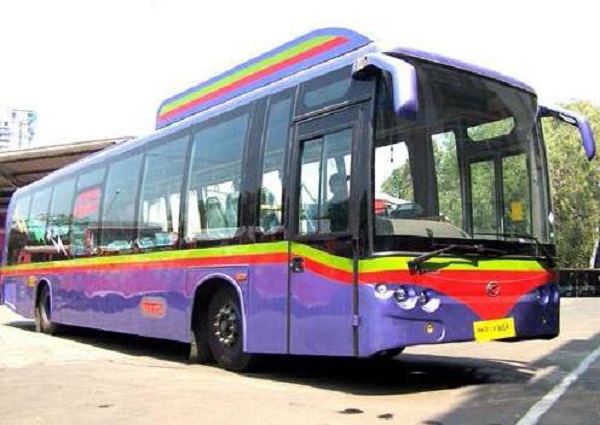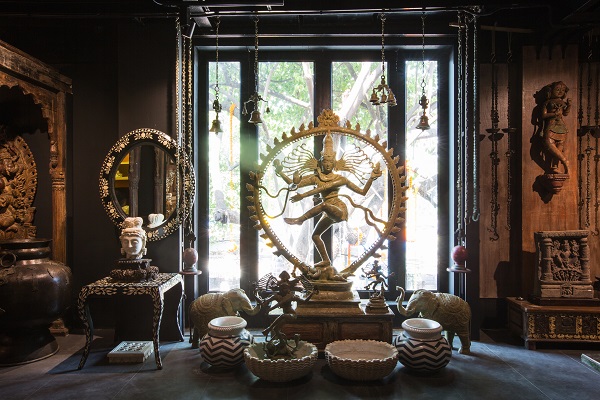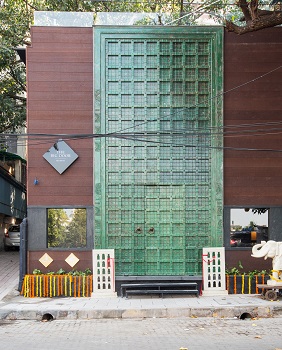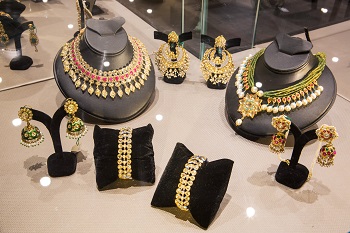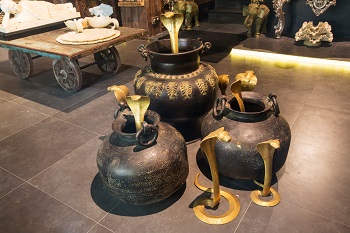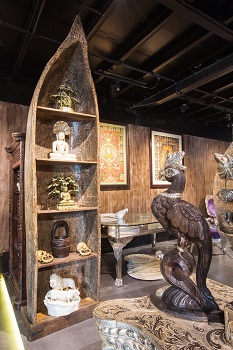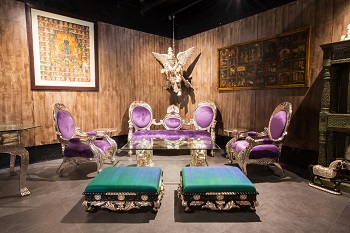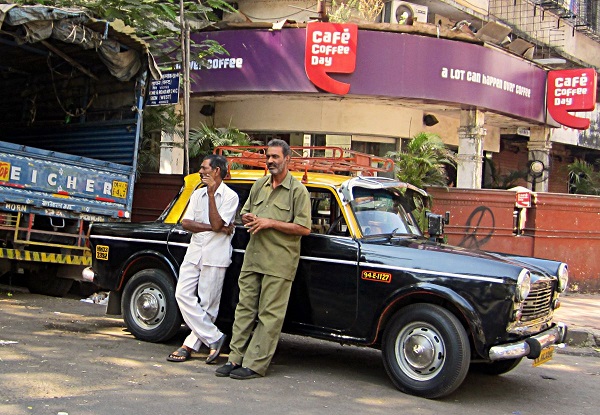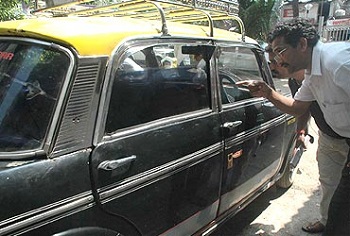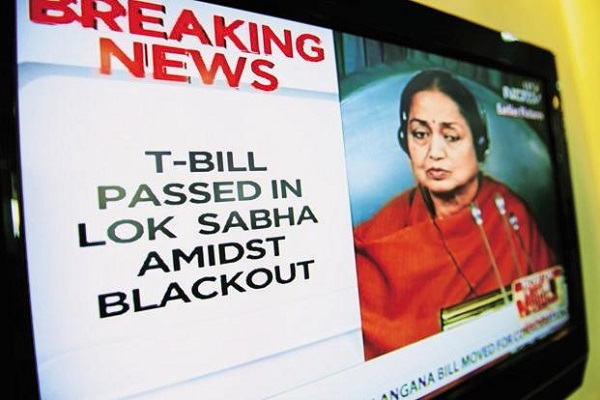Nobody likes being stuck in Mumbai traffic, but it actually gives time for introspection or a few minutes of relaxation.
by Dr Pooja Birwatkar
As a new driver, whenever cars which had been level with me suddenly zoomed past, I would wonder what the matter was. Now, after considerable driving experience, I realise that they’ve spotted a traffic signal that is green and are trying to rush past it before it turns to red
Despite the amount of driving I’ve put in already, I still slow down seeing the green light from afar. Most vehicles rush ahead while I wait for the signal to turn red. You must think I am mad. After all, who would actually seek out a red light at the signal? But I do it for various reasons. I have developed a sort of life of my own at the traffic signal. It is now an important part of my daily commuting life and I have learnt to make the most of it.
Firstly, stopping at the signal provides a breather. Your feet, hands and brain all get temporary relaxation as you sit back and actually listen to what the RJ on the music channel is saying. There are some people who still honk from behind you and as you glance at the rear mirror to see what all the commotion is about, you catch a quick glimpse of yourself. This prompts me to readjust the mirror to look at myself more closely. But don’t do this if you are even a little bit insecure about your looks – car mirrors are notorious at telling the truth about your face, warts and all. My rearview mirror reminds me if I need to make a salon appointment or touch up my face.
While I am waiting, I also check for fuel reserves, readjust the seats and mirrors, and make a mental note of cleaning the car.
A great thing about waiting at the signal is that you get to know which fruit is in season, and what its current rate is. I am sometimes sorely tempted by the sight of luscious mangoes and red strawberries, but thanks to a movie which showed these sellers actually polishing the fruit with spit, I have learnt to resist. I do, however, resolve to visit the market and buy some fresh fruit.
I also check my cell phone for calls and messages. But a piece of advice here – do this quickly, because the moment your call is connected or you’ve almost finished texting, the light changes to green and everybody starts honking at you. And don’t try making calls while driving. Your loved ones are waiting for you at home, and the people on the road also have families and homes to go to.
The wait at signals also gives me time to mentally tick off the tasks I’ve finished or add more tasks I need to get through. What I should make for dinner is usually decided at the signal nearest to my home.
If you’re waiting, you should also look around. You’ll learn which new movies, TV serials, products are in your city, as also which celebrity is arriving soon. I’ve always been updated about the next phase of polio drives through hoardings. I also try to see how many of the cars around me I actually know – this knowledge helps me keep up with my five-year-old who knows more car names than me and frequently tests my knowledge.
Waiting at the signal also reminds me of my civic duties. Of course, there have been times when I have tried to cross the signal and the lights have turned red. It has been too late to reverse, so I’ve just waited and kept an eye out for a traffic cop, who, sure enough, jumps out at me from behind a tree.
The wait also makes me introspect – I compare my life with those of the people living on the city’s streets. Little boys and girls who should be in school are either out begging or 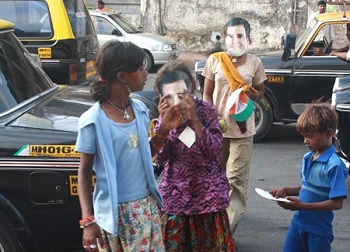 selling stuff. I always use this time to teach my son about gratitude and empathy, even as I learn a lesson or two. I don’t mean to sermonise, but if you can, do buy something from those street urchins.
selling stuff. I always use this time to teach my son about gratitude and empathy, even as I learn a lesson or two. I don’t mean to sermonise, but if you can, do buy something from those street urchins.
I also get idea for most of my articles like this one while waiting at the signal. And I am not the only one who appreciates traffic signals. Several movie plots have liberally used traffic signals for important turning points in their stories. In the movies, many romances have played out at traffic signals, and bichhde hue bhais and behens have also come together.
I really like waiting at traffic signals. Do you?
(Pictures courtesy election.rediff.com, in.reuters.com)




